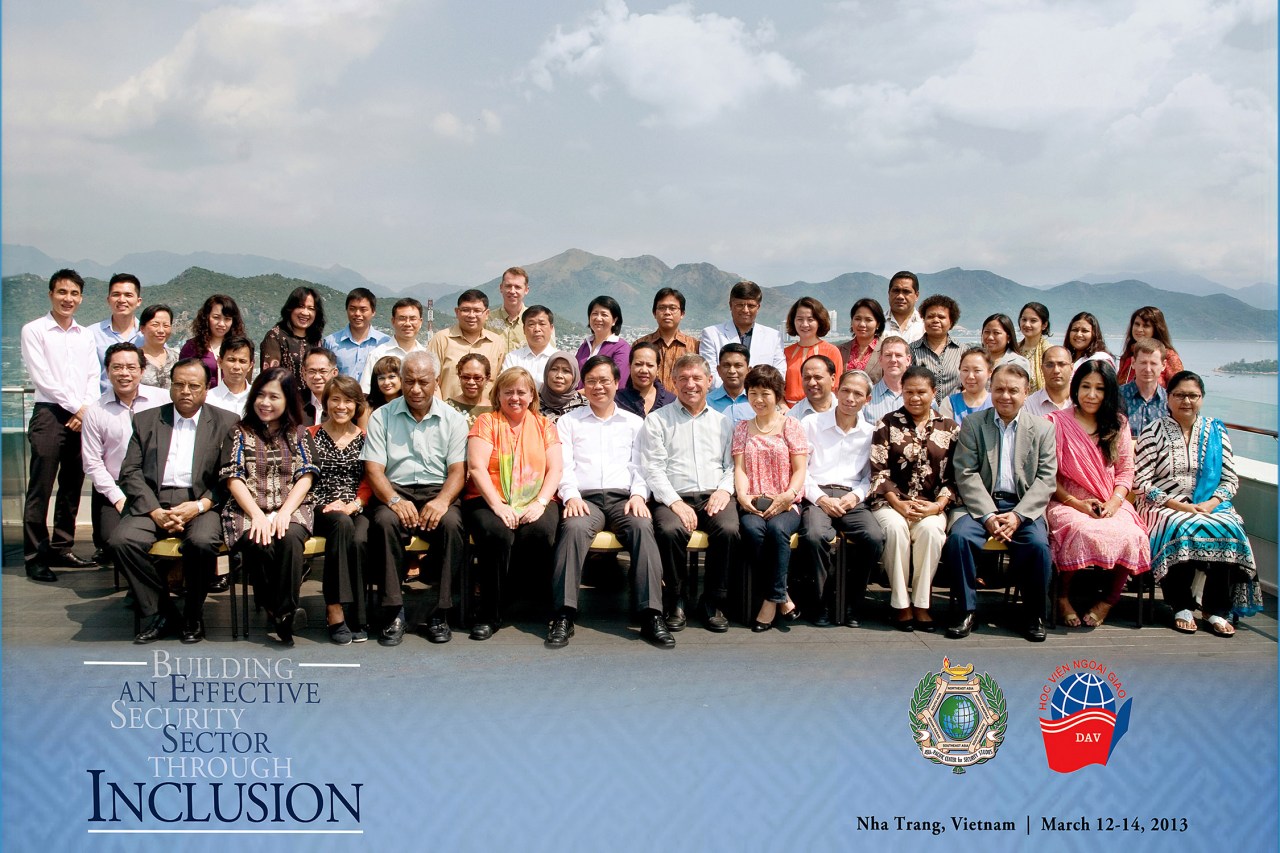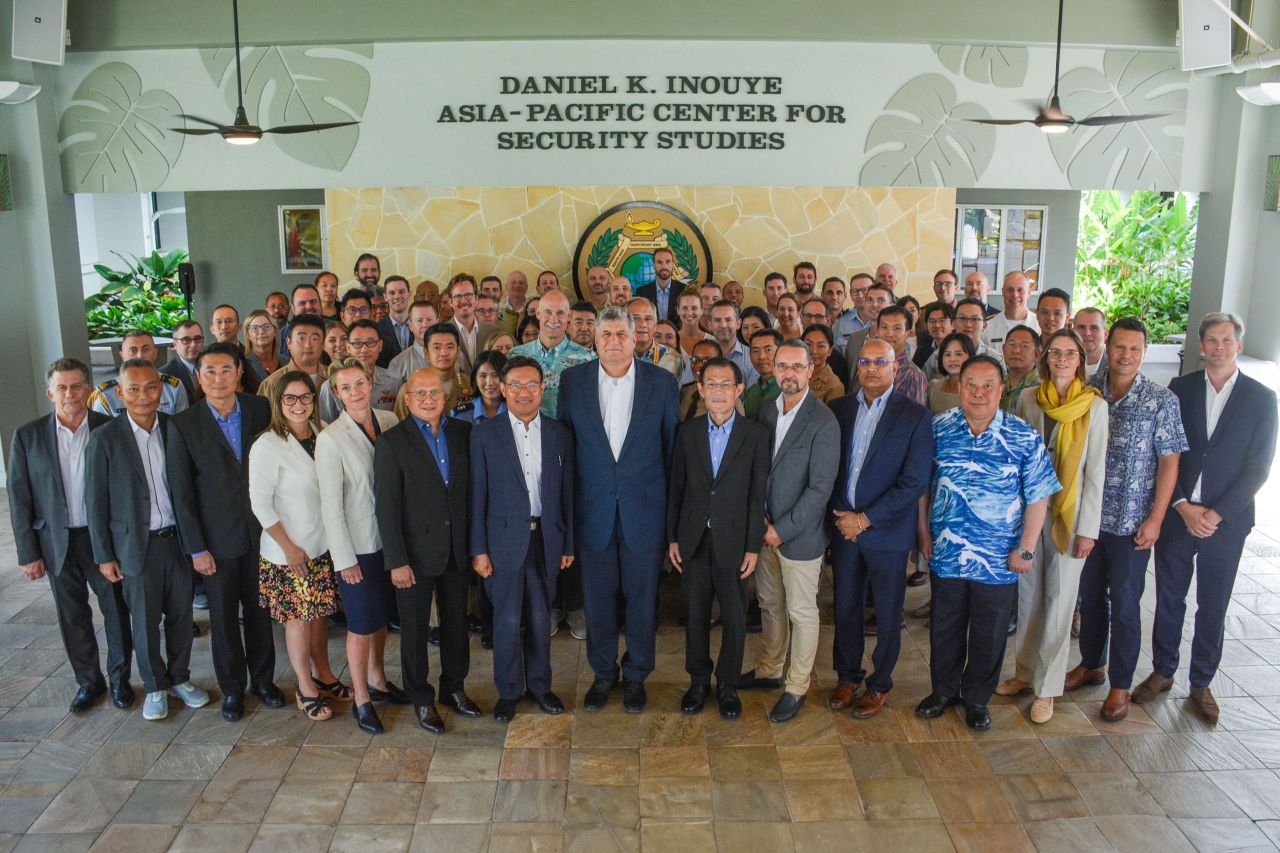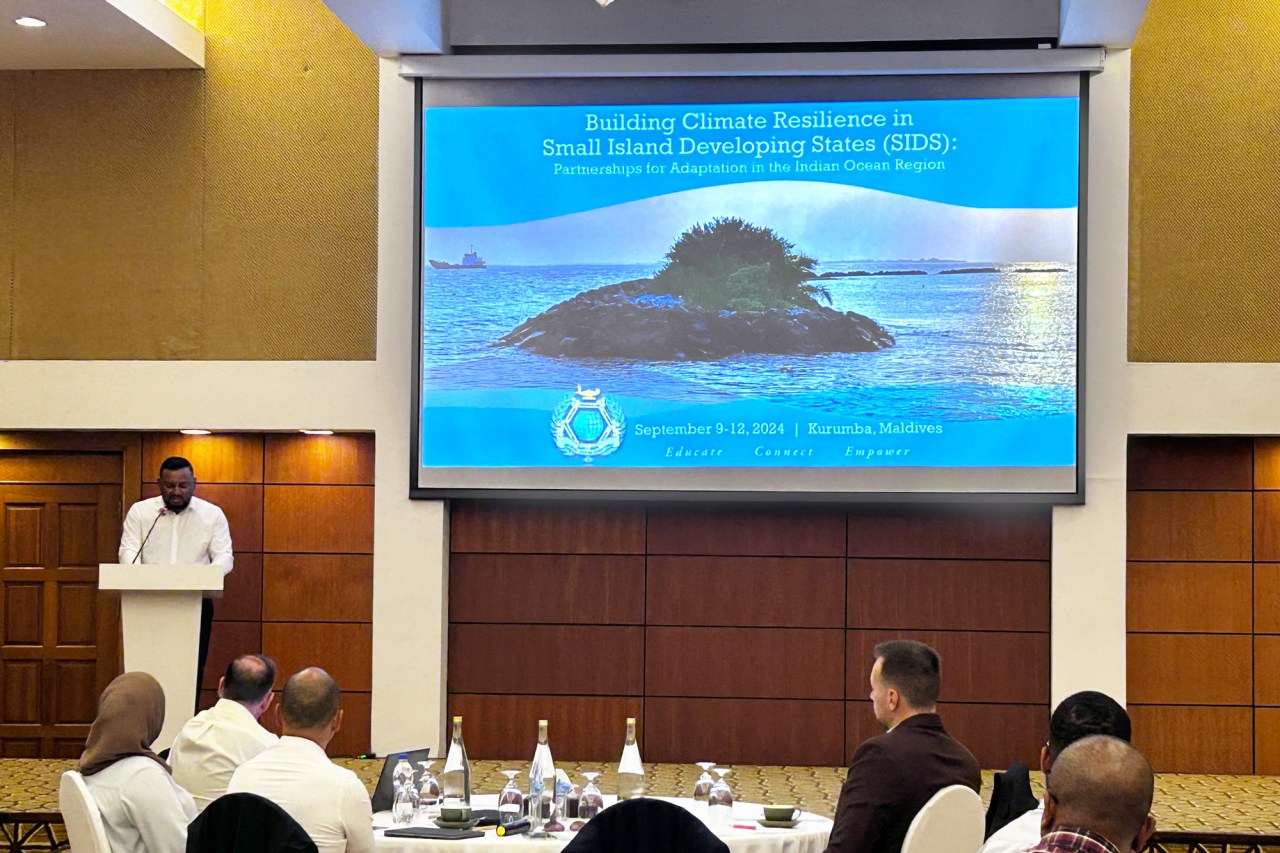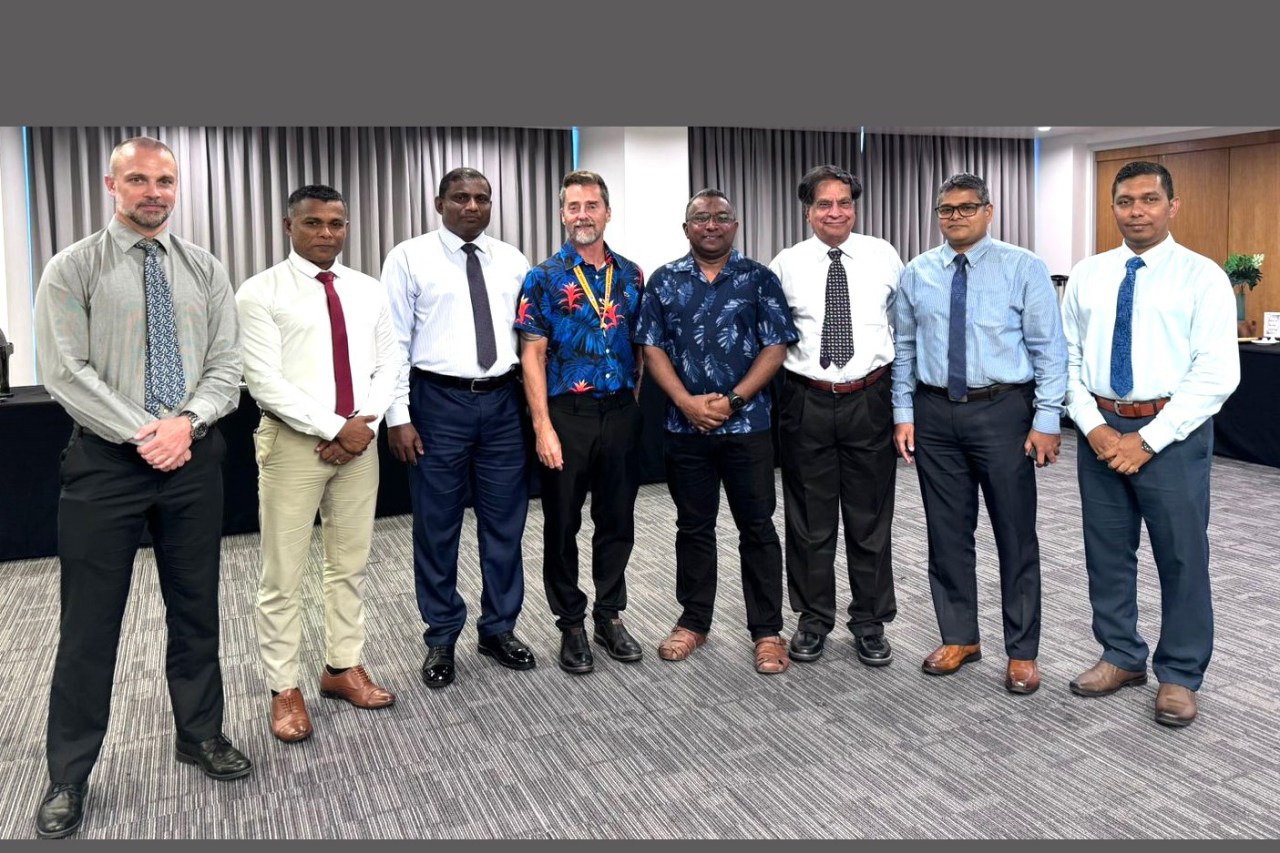A workshop on “Building an Effective Security Sector through Inclusion” was held March 12-14, 2013 in Nha Trang, Vietnam. Hosted by the Asia-Pacific Center for Security Studies (APCSS), in partnership with the Diplomatic Academy of Vietnam’s Institute of Foreign Policy and Strategic Studies, the multilateral workshop focused on key considerations and opportunities to build effective security sectors in the Asia-Pacific through the inclusion of diverse viewpoints and perspectives.
“Expanding the role and impact of women in security is not a women’s issue, but an essential part of achieving the goals of good governance and effective leadership,” stated Dr. Lori Forman, workshop academic lead. “Both men and women must contribute to these goals: success is found through mutual deliberation of the issues and joint development of the recommendations.”
The workshop provided an opportunity to understand and articulate the case for increasing inclusion as a vital element of effective security sectors by asking the questions: In an increasingly globalized and complex world, what is the relevant definition of the “security sector”? In which of these security fields is the impact of women’s perspectives being felt, and where does work remain to be done? What actions should be taken – nationally and regionally – to expand inclusion of diverse perspectives, build effective security sectors, and enhance good governance throughout the region?
The 39 participants from nine countries in the region discussed this topic from national, sub-regional, and region-wide perspectives. Participants were director-level representatives different backgrounds including defense, foreign affairs, law enforcement, economic, social, and resource-related ministries. They came from Bangladesh, Fiji, Indonesia, Nepal, Papua New Guinea, the Philippines, Tonga, the United States, and Vietnam.
Some of the workshop findings included:
• An effective security sector must be (a) comprehensive enough to recognize, plan for, respond and adapt to a wide range of security challenges, and (b) inclusive enough to assure adequate representation of relevant viewpoints so that supported groups and communities have a sense of representation and ownership in security matters.
• Those countries with inclusive national security institutions already in place validated the utility of such an approach; those with security sector development processes underway noted the opportunity to build inclusion into their upcoming strategies.
• Policy level commitment, legal frameworks and regional/bilateral/multilateral cooperation frameworks on women which reinforce inclusiveness already exist; however, substantial gaps persist in implementation.
• Top level leadership and political will is vital to success. Advocacy by men at all levels is a vital factor in furthering gender inclusion.
• There is no need to reinvent the wheel; existing security sector development programs can be used as the entry point to enhancing inclusion. Opportunities readily exist to enhance such efforts.
• Culture, tradition and structural barriers are common inhibitors to inclusion. Education is recognized as a primary enabler of inclusion. Legal measures – both temporary and permanent — are often required to influence the necessary cultural transformation.
• Actions need not focus on bringing women into security sector, but on recognizing they are already there. As a corollary, quality – the merit and competencies of positions and of personnel – is more important than quantity.
According to APCSS Director and workshop lead, LtGen (Ret) Dan Leaf, “The success of this workshop reinforces the APCSS commitment to the DOD role in the National Action Plan on ‘Women, Peace and Security.’ WPS has enabled the Center to address this key issue of inclusion, to expand the participation a broader segment of the security community, and to increase our understanding through engagement with professionals like the participants in this effort. I am confident that the discussion and conclusions from Nha Trang will generate positive action in U.S. and other security communities.”
[nggallery id=27]
-end-










Leave A Comment